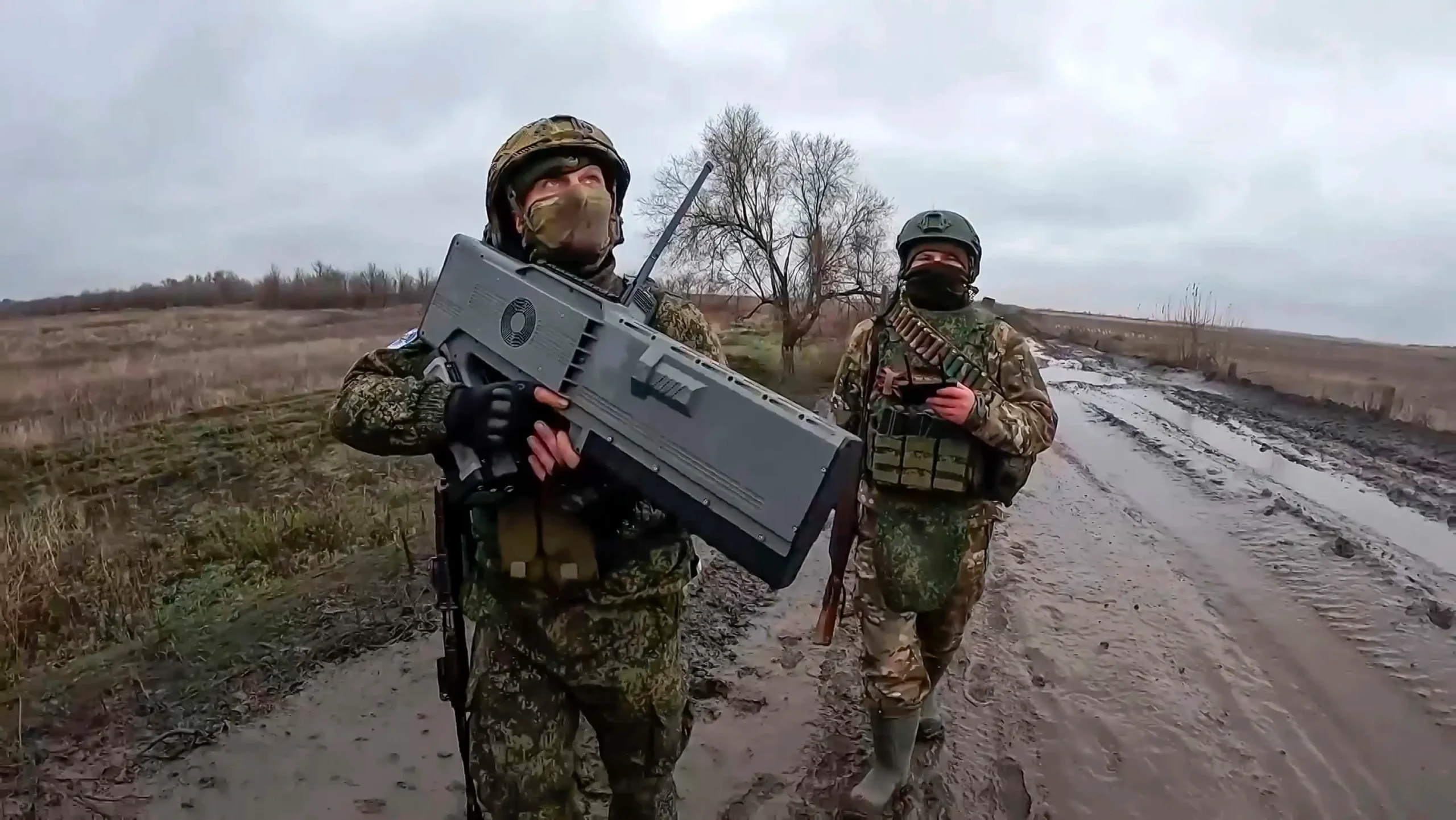In a controversial and unexpected policy shift, Russian authorities have authorized citizens living with HIV and Hepatitis C to sign military contracts and join the war effort in Ukraine. Introduced in October 2024, this decision halts the dismissal of servicemen diagnosed with these conditions, igniting widespread concerns over medical risks and ethical implications.
Policy Details and Implementation
Military insiders report that soldiers with HIV and Hepatitis C will be organized into specialized units. Authorities claim these units will be provided with antiviral treatments and strict sanitary protocols to prevent the spread of infections among personnel. Despite these promises, skepticism persists, fueled by reports of significant gaps in medical care for infected soldiers.
Under current Ministry of Defense guidelines, soldiers diagnosed with Hepatitis are subjected to a six-month observation period. During this time, they reportedly receive no specialized medical treatment. Their deployment is contingent upon repeated testing and a liver biopsy. Similarly, soldiers living with HIV are said to lack access to life-saving antiretroviral therapy once deployed to the frontlines.
Criticism and Ethical Concerns
Leaked communications from military sources indicate that infected personnel can only terminate their contracts if their conditions deteriorate to critical stages, resulting in disability. This policy has drawn sharp criticism, with opponents labeling it a dangerous gamble for the health and safety of both the infected soldiers and their units.
Critics argue that placing infected soldiers in active combat scenarios risks exacerbating their health issues while potentially endangering their comrades. Additionally, the lack of adequate medical infrastructure on the frontlines raises concerns about the capacity to handle medical emergencies effectively.
Lax Medical Protocols on the Frontlines
Reports from Russian pro-war channels highlight alarmingly lax medical protocols in frontline operations. Medical teams are accused of failing to follow basic hygiene practices: stretcher surfaces are often left uncleaned, evacuation personnel work without gloves, and soldiers in post-traumatic shock rarely disclose their medical conditions.
More troubling, many infected soldiers are reportedly unaware of their status, leading to inadvertent transmission of diseases among personnel. These revelations further underscore the risks associated with this policy and raise questions about the military’s preparedness to manage such challenges.
Broader Implications
As these developments unfold, concerns are growing over the long-term consequences of Russia’s decision to include HIV and Hepatitis-positive soldiers in its ranks. Critics argue that the move reflects a desperate attempt to bolster manpower at any cost, potentially compromising the health and safety of all involved.
This controversial policy has sparked international attention, with observers questioning the ethical and practical ramifications of such measures. The situation remains fluid, and its outcomes will likely shape ongoing debates over military recruitment practices and public health priorities in conflict zones.


















